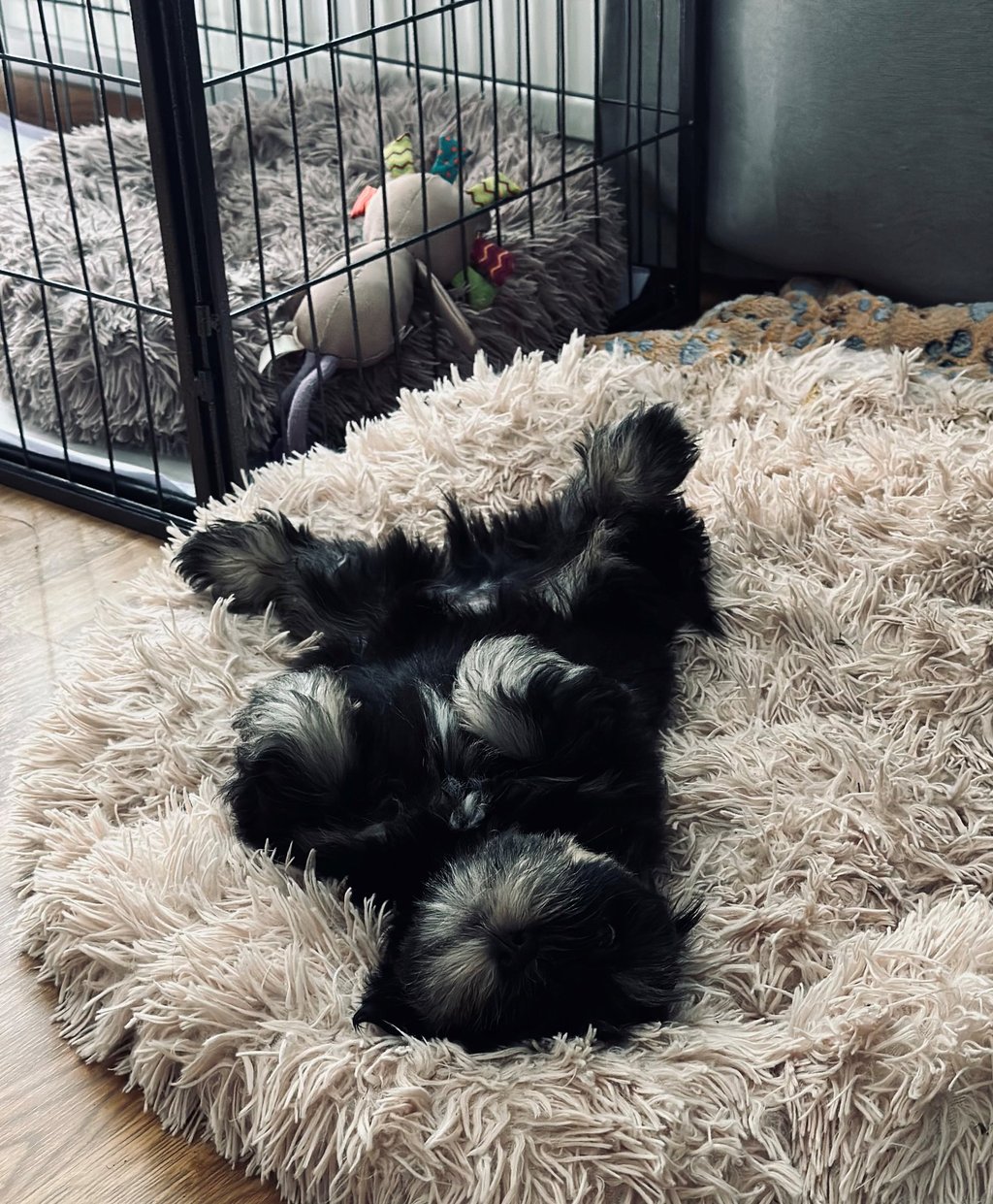Puppy Love: A First-Time Breeder's Guide to Raising a Litter
So, you're thinking about breeding your dog for the first time? Congratulations! You're about to embark on a journey filled with adorable puppies, sleepless nights, and more questions than you ever thought possible. But don't worry, we've got you covered with answers!
Laura Lhasafam
4/2/20252 min read


How Often Do Dogs Go Into Heat?
Think of your dog’s heat cycle like a canine calendar event. Most bitches (yes, that's the technical term) will have their first obvious heat cycle by 24 months of age. On average, they go into heat about every seven months. If your dog hasn't had a heat cycle in a year, it might be time to consult your vet. But remember, every dog is unique—just like humans, some are early bloomers, and some are fashionably late.
Is It Okay to Breed a Bitch in Back-to-Back Heat Seasons?
This one’s a bit like asking if you should run back-to-back marathons. It depends on how well your dog handled the first round. If she had a large litter and looked like she just finished a triathlon by the end, give her a break. If she had a small litter and is in top shape, she might be ready for another go. Always evaluate each situation individually—your dog isn’t a machine, after all!
What Do You Feed a Pregnant Dog?
Feeding a pregnant dog is like feeding a pregnant human—nutrient-dense foods are key. Opt for growth or performance food to meet her increasing energy needs. As her pregnancy progresses, her growing belly might make it hard for her to eat large meals, so smaller, more frequent meals can help. Aim for her to be 5-10% heavier at whelping than before breeding, but avoid turning her into a canine couch potato. Obesity can lead to complications, while being too thin can cause pregnancy issues. Balance is everything!
How Soon Should Puppies Nurse After Birth?
Puppies are born without the ability to make their own antibodies, so they need their mom’s first milk, colostrum, which is packed with disease-fighting goodies. They can only absorb these antibodies for the first 24 hours, so it’s crucial they nurse soon after birth. Don’t panic if mom waits until all the puppies are born to start nursing—she’s just making sure everyone’s out and about before the feast begins.
What Causes Small Litters?
The main culprit for small litters is often poor timing. The best day for breeding is two days post-ovulation, determined by your vet through progesterone measurements. Other factors include hypothyroidism, uterine infections, and the age of the bitch. So, if you’re aiming for a big litter, timing is everything—think of it as planning a party and making sure all the guests arrive on time.
Breeding your first litter can be a rollercoaster, but with the right knowledge and a sense of humor, you’ll be well on your way to raising a happy, healthy bunch of puppies. Good luck, and may your whelping box be filled with wagging tails and tiny paws! 🐾
